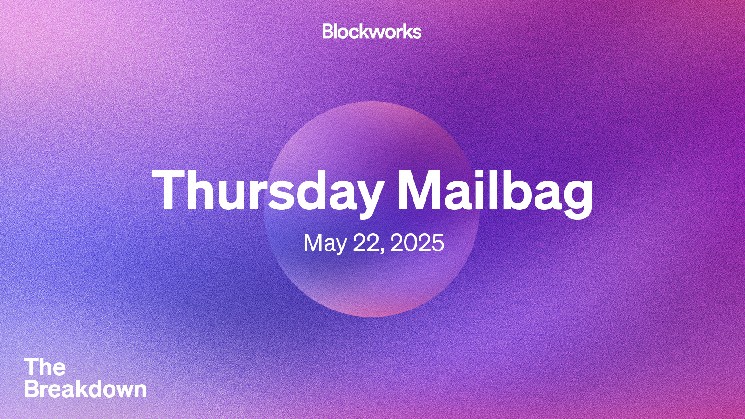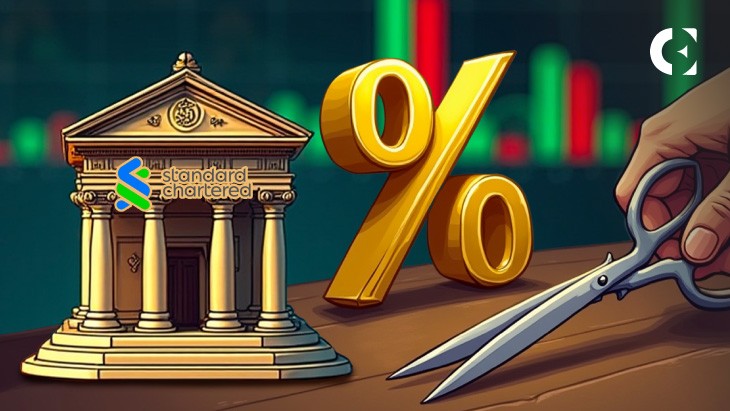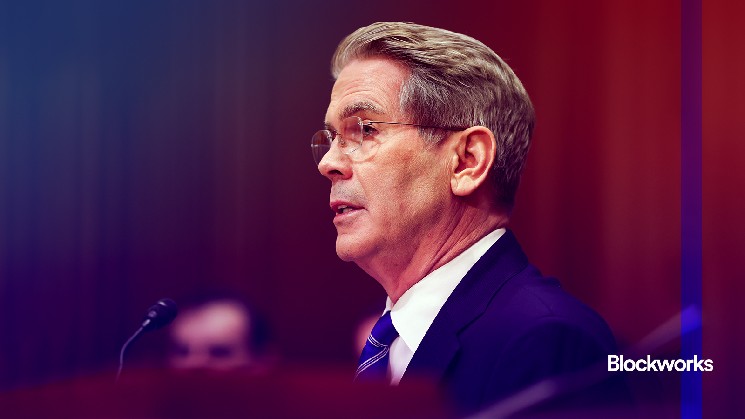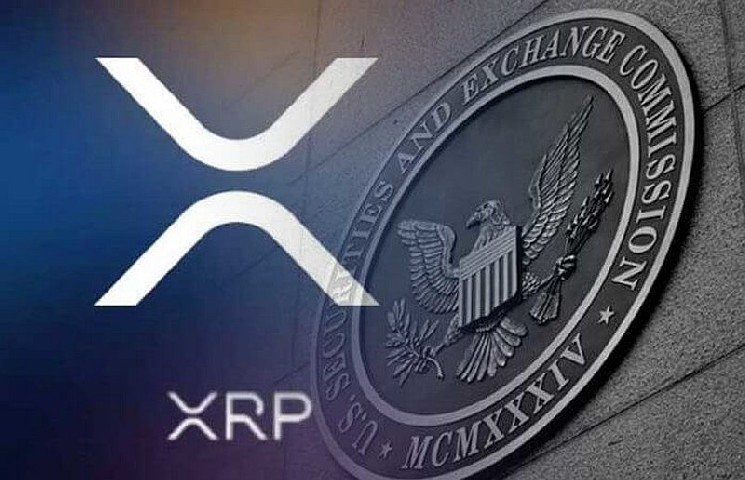“Missionaries build better products.”
— Jeff Bezos
Q: Do we need a new internet?
The business model that populated the world wide web with information was straightforward: create content, attract traffic, sell ads.
Now, however, you can often get better, aggregated information from a large language model, which sends a bot to visit those same websites on your behalf.
Soon, most traffic on the web will be bots and therefore impervious to ads (and tragically uninterested in subscribing to newsletters).
This might break the web’s business model: The best search results now come from AI language models, but those AIs get their information from human-written content that may soon cease to exist if its creators can’t get paid.
(Side note: Please click the ads on this webpage.)
As more web traffic becomes “agentic” — i.e., automated, machine-based and impervious to monetization — the entire incentive structure for populating the web with information begins to unravel.
Ben Thompson, however, proposes an ambitious solution: Create an all-new web economy in which AI agents pay for the information they retrieve — with crypto!
Thompson believes it’s possible to “build an entirely new marketplace for content” but that this would require a new protocol layer that includes “a mechanism for payments via digital currency, i.e., stablecoins.”
Unlike existing web protocols, this new protocol would allow language model providers like OpenAI to “build an auction mechanism that pays out content sources based on the frequency with which they are cited in AI answers.”
This, Thompson says, is the “best possible way to not only keep the web alive, but also in the process create better and more useful AI.”
Creating such an “agentic” version of the world wide web — with internet-native payments — is no small task, however.
Thompson is enthusiastic about “MCP as a protocol layer” (a kind of machine-to-machine version of HTTP) and “NLWeb as a markup layer” (a kind of HTML for language models).
It took years for HTTP and HTML to become the global standard for web traffic, so I’m not sure we’ll be seeing MCP and NLWeb anytime soon.
But if we do, crypto will have a new mission: saving the internet.
Q: Is crypto straying too far from things of value?
In a recent discussion with Epic Games founder Tim Sweeney, Lex Fridman notes that crypto is a “really powerful technology,” but also “frustrating” because “so many people use it to try to make money — to create these bubbles, and the hype and the memecoins — [that it] drifts far away…from things that are of value.”
A lot of people, even within crypto, share his frustration — mostly because memecoins still account for such a high percentage of crypto activity and mindshare.
(Real Bitcoiners don’t even approve of Ethereum, let alone Fartcoin.)
But Fridman has a rather memecoin-y definition of value himself: “How your outfit looks in Fortnite provably holds value.”
Exactly! Part of crypto’s promise is that it allows you to own that outfit instead of just borrowing it from Epic Games.
But to own something digitally, it has to be tradeable and that invites speculation.
Fridman seems unhappy with this — he wants crypto to create “a standard definition of money” but not “let it become this hype thing.”
It’s a fine line to walk (and if you want the “thing” to be permissionless, an impossible one).
“People try to buy and sell to make money instead of staying close to the thing that actually has value,” Fridman, whose five-hour podcasts must make him quite a lot of money, complains.
“Forget the money,” he advises. “It’s more about exchanging valuable experiences.”
Buying and selling things is a time-honored way to earn money, of course.
But, that aside, how do you make “valuable experiences” exchangeable without allowing people to buy and sell them?
You probably can’t: Making everything tradeable makes everything speculative.
I think that’s a feature of crypto, but a lot of people understandably think it’s a flaw.
Q: Is Trump bad for crypto?
There have been pluses and minuses.
On the plus side, bitcoin made another all-time high today, the SEC has flipped from enemy to advocate, crypto industry legal fees must be down about 99%, stablecoins may soon be legally recognized and we might even get a market structure bill at some point.
But that doesn’t really capture the sea change of perception we’ve lived through: The Economist noted last week that the crypto industry “suddenly finds itself at the heart of American public life” — kind of an astonishing thing to read.
Unfortunately, they didn’t mean that as a plus.
Instead, The Economist warns that “the Trump family’s crypto frenzy is making it harder for the industry to win sufficient support in Congress” and that “Mr. Trump’s enthusiasm for crypto may end up doing the industry more harm than good.”
I’m not sure how it’d quantify “more harm than good” because its argument is mostly about politics and there would be far less political support for crypto had Trump lost the election.
But I do wonder whether crypto might ultimately have been better off if it had been forced to develop in a hostile environment — we might have ended up with more censorship-resistance and fewer memecoins.
Counterfactuals are impossible to prove, of course, but it’s not inconceivable that The Economist is right — and that single-issue crypto voters may have voted the wrong way.
Q: Do ideals matter in crypto anymore?
It feels less mission-driven these days: Centralized exchanges, centralized stablecoins, bitcoin “treasury companies,” BlackRock ETFs — the biggest drivers of crypto have strayed a long way from Bitcoin’s cypherpunk roots.
“Bitcoin was supposed to be the rebellion,” one blogger sums up. “Instead, it’s being re-engineered by ‘The Empire.’”
But maybe the rebellion’s mission is just changing?
Crypto used to be more about building permissionless software and disintermediating dark-side middlemen like central banks and social media companies.
Now it’s more about permissionlessly building startups that make money.
Instead of the old emphasis on DeFi legos, where cooperative composability was the goal, we now have fierce competition — like pump.fun building an exchange to capture Raydium’s profits and Raydium building a launchpad to capture pump.fun’s profits.
This isn’t necessarily bad, it’s just different.
Or better, if you like startups.
“Crypto is very different today,” Ryan Connor approvingly says. “Crypto has legitimate builders who are commercially oriented, who are non-ideological.”
Non-ideological is good in his book: “In the past, you had people who had to maximally decentralize everything and didn’t have a history of building successful startups or did not have that Web2 orientation that really matters for winning markets.”
Web2 is supposed to be the bad guy, I know.
But this is the normal evolution of a nascent industry — like when Red Hat jumpstarted an industry of for-profit businesses built on top of open-source Linux.
In crypto, old school ideologues can continue building open-source, decentralized and censorship-resistant apps and blockchains — and newer startup types can build businesses on top of them.














Leave a Reply